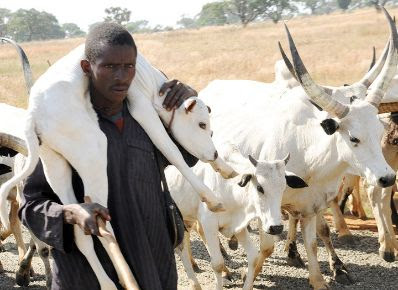Plants
grow through a process called photosynthesis, in which
they use sunlight and a chemical inside their leaves called chlorophyll to
convert carbon dioxide and water into glucose and oxygen. There's no mention of
soil anywhere and that means plants can grow without it. Hydroponics is the method of
growing plants without soil, using mineral nutrient solutions in a water solvent.
A couple of
years back, botanists discovered that Soil works as a reservoir for things like
nutrient material and also as a medium by which the plant may strengthen
itself, so, when the water supplied to plants already has the needed organic
material, and plants are secured or even suspended by other method, then soil
becomes unnecessary.




















